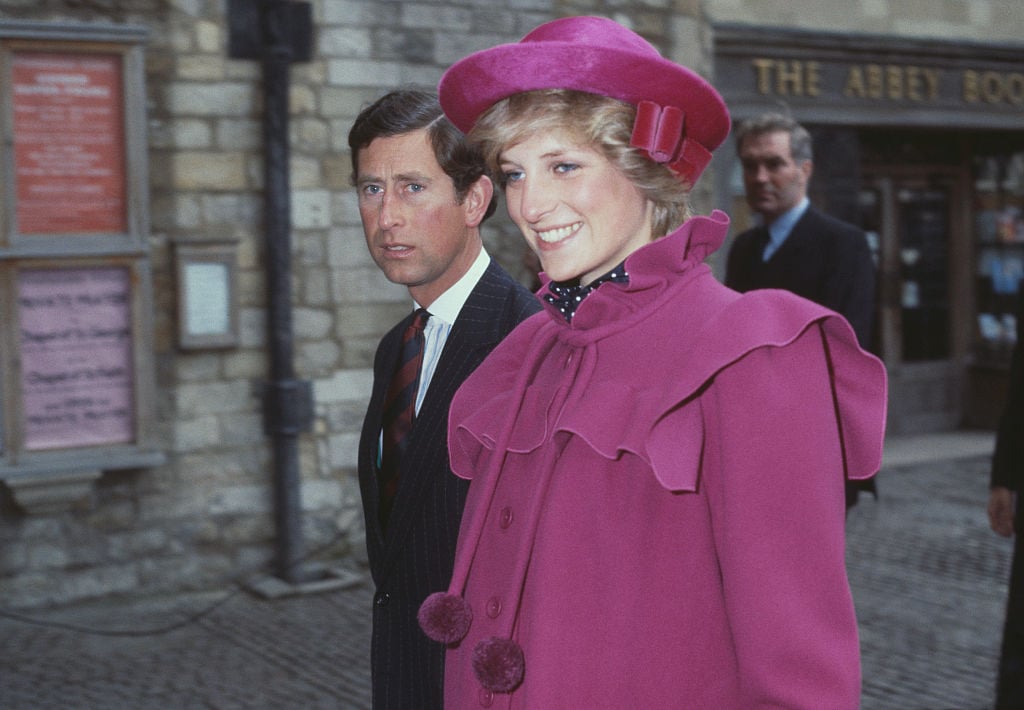Princess Diana was Called a ‘Loose Cannon’ for This Reason
For most people, the name, Princess Diana brings up feelings of awe and wonder. But before the royal’s death, many people thought the princess was a little too risque and spoke her mind more than was necessary.
One person who was not particularly fond of how open Diana was about what was going on in her life was Queen Elizabeth II. Diana was vocal about being unhappy in her marriage to Prince Charles, which reflected poorly on the royal family, much to the Queen’s dismay.

But there was another reason that people called Diana a loose cannon. Keep reading to find out what it was.
What did Princess Diana do?
If there is one thing that you should know about Princess Diana, it’s that she really went above and beyond for the causes that she cared about.
So in 1997, when she visited Angola, she decided to walk across a minefield to bring awareness to how dangerous and destructive landmines were.
“If an international ban on mines can be secured it means, looking far ahead, that the world may be a safer place for this generation’s grandchildren,” she said at the time.
When Diana walked across the minefield, her children were still quite young so she definitely had a lot to lose. But she put it all on the line for the cause.
“It was a time when Diana was striding out on her own and finding causes that she believed in,” Jennie Bond, who with Diana on that iconic trip told People.
“This was something she really thought that she could make a difference about.”
But the move wasn’t viewed so positively back home in the U.K.
It even caused a junior government Cabinet minister to call her a “loose cannon.”
But Diana didn’t care. She just wanted to spur change.
“She said, ‘Jennie, I’m only trying to help. I’m a humanitarian,'” Bond recalled.
Prince Harry continues in his mother’s footsteps
Recently, Prince Harry took that same walk across the former minefield.
“It has been emotional retracing my mother’s steps along this street 22 years on, and to see the transformation that has taken place, from an unsafe and desolate place into a vibrant community of local businesses and colleges,” he said after the walk. “This is a wonderful example of how the U.K. partnership with Angola can address the issue of landmines, bringing prosperity to an area, creating jobs, helping people access education and healthcare, and making communities safer. The work of de-mining is dangerous, expensive and laborious, and I have the utmost admiration and respect for all who do this hazardous work and risk their lives in service of their community.”
“I am incredibly proud as I know my mother would’ve been, of the role that the United Kingdom has played in this transformation through funding and the expertise brought by UK specialist organizations such as the HALO Trust and Mines Advisory Group,” he continued.
The HALO Trust, which specializes in removing war debris, has destroyed nearly 100,000 landmines since it started in 1994. Unfortunately, it is estimated that there are still 1,104 minefields in the area.



